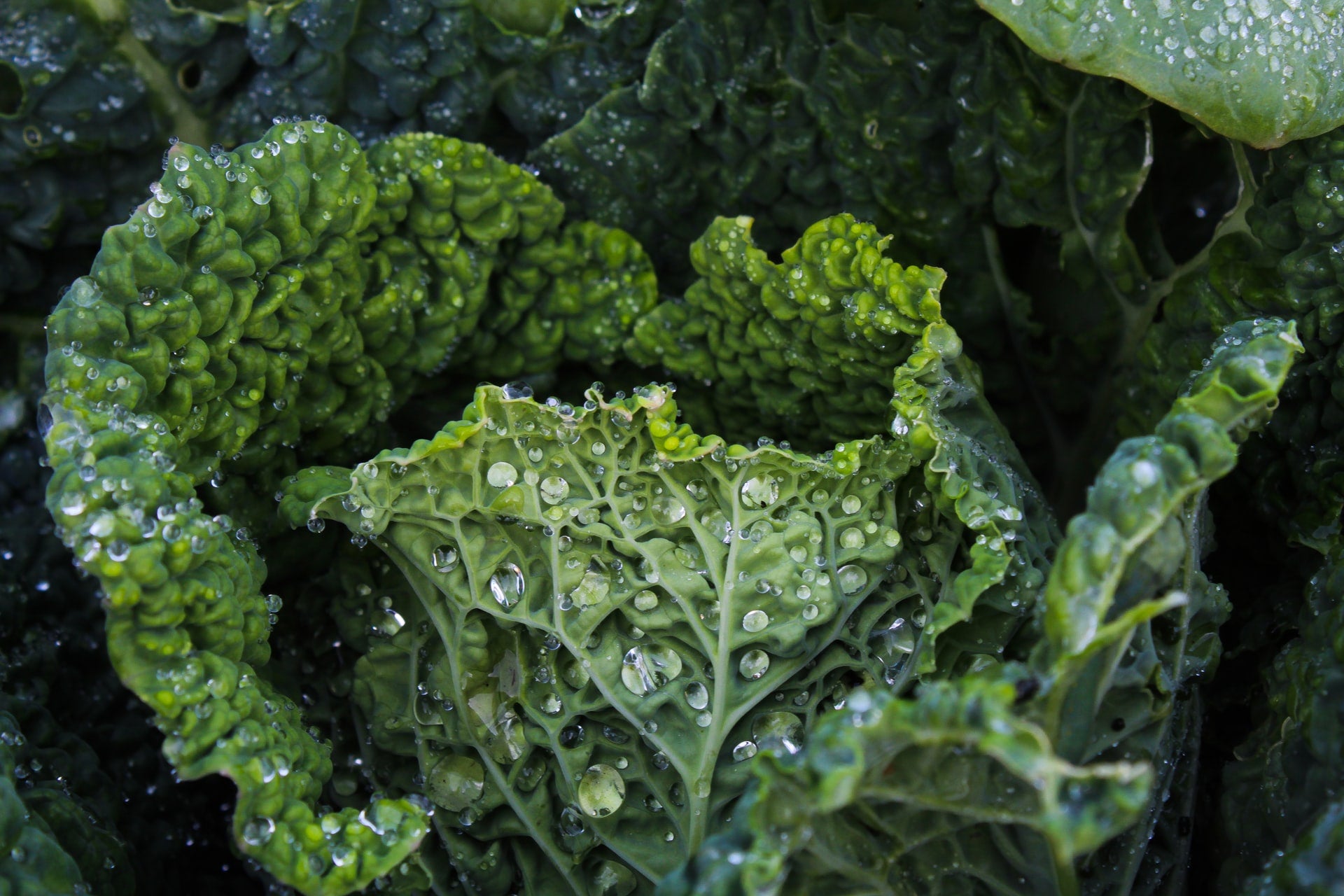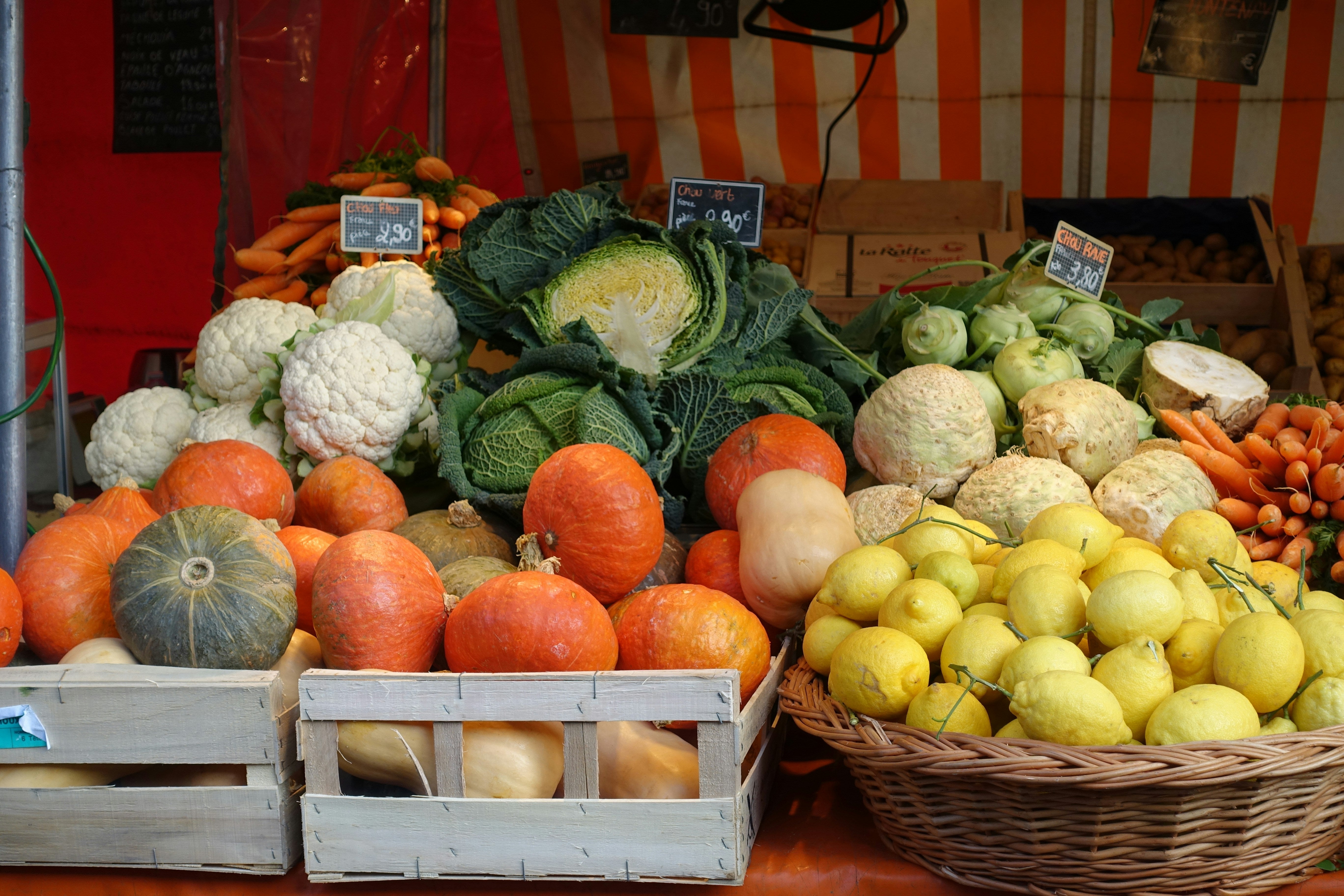Ingredient Spotlight: Kale

Kale is a sort of pop-culture superfood icon. It’s hailed as one of the healthiest things you can eat. But why? What makes this leafy green so good for us?
Kale is dense in nutrients. It’s packed with vitamins A, K, B6 and C, calcium, potassium, copper and manganese. One cup of raw kale contains 206% of the daily value of vitamin A, 134% of the daily value of vitamin C, and a whopping 684% daily value of vitamin K.
Vitamin K is critical for blood clotting. It activates specific proteins and allows them to bind calcium, causing the clotting effect. Certain drugs like Warfarin even work by blocking the function of Vitamin K.
This all comes with only 33 calories and 6 grams of carbs, but with a nice 3 grams of clean protein. With its wildly low calorie content but extensive vitamin makeup, kale is one of the most nutrient dense foods on the planet.
Vitamins aren't all kale has to offer. It’s got antioxidants: those little molecules like beta-carotene that resist oxidative damage by free radicals in the body. This kind of damage is believed to drive dangerous, degenerative diseases like alzheimers and cancer.

Then there’s kale’s effect on heart disease. It contains a substance called bile acid sequestrant that reduces the amount of bile acids (cholesterol in a different form) in the body. So, yes, eating kale can help control cholesterol levels. One study showed that drinking kale juice every day for 12 weeks increased ‘good’ cholesterol levels by 27% and lowered ‘bad’ cholesterol by 10%.
Leafy greens and cruciferous vegetables (the family kale belongs to) are also known for their ability to aid in preventing cancer. Compounds like sulforaphane and indole-3-carbinol have been found to resist cancer at the molecular level.
Find plenty of kale in Living Juice Green Vitality and see what kale has to offer.




